Neither side of the gun debate will budge. Now what?

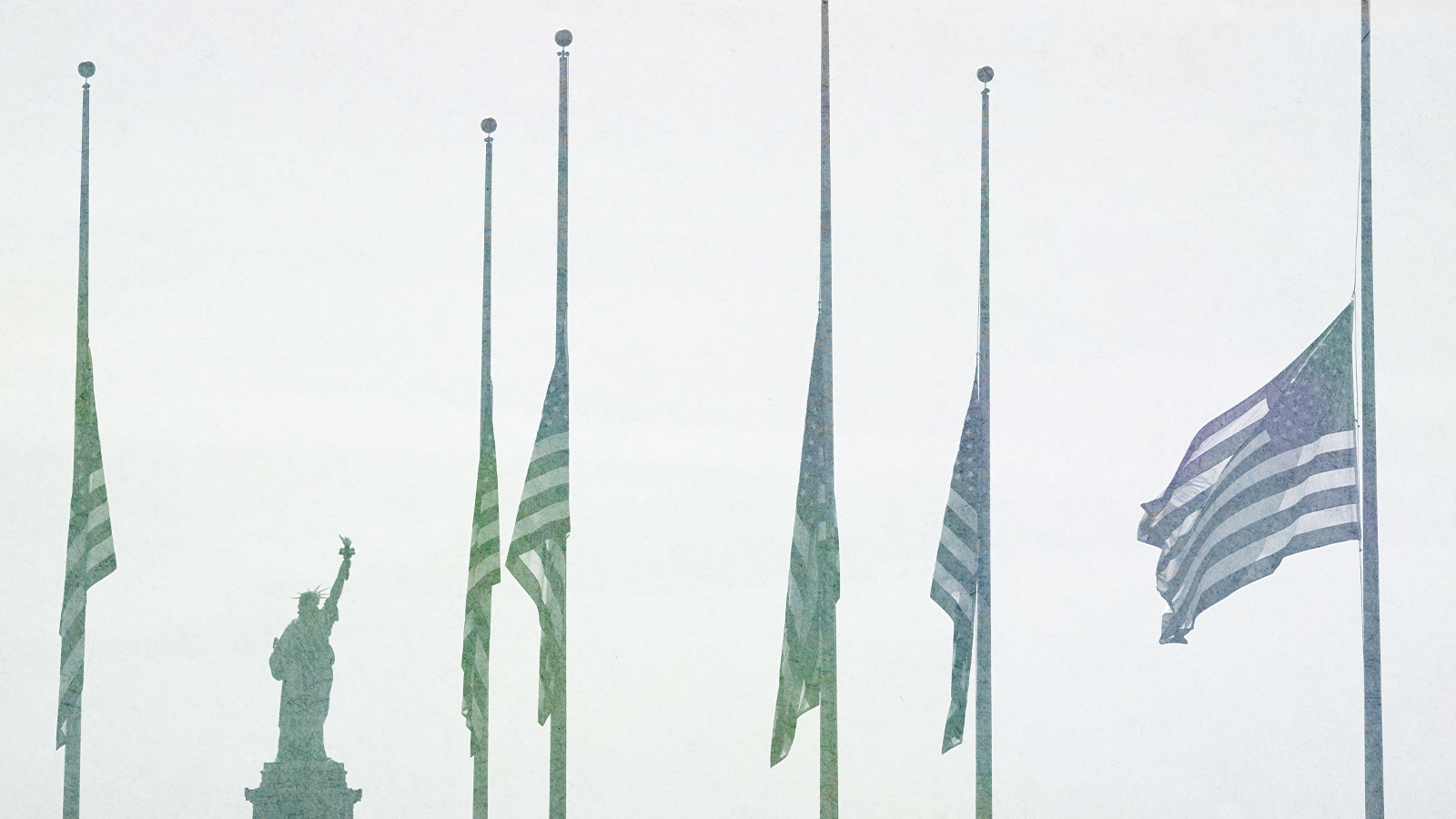
A free daily email with the biggest news stories of the day – and the best features from TheWeek.com
You are now subscribed
Your newsletter sign-up was successful
It is by now a maddeningly familiar cycle. First comes horror and disgust as schoolchildren are murdered. It's followed by political polemics and grandstanding. Then, finally, a sense of fatigue and futility.
The unstoppable force of out-of-control violence bumps into the immovable object that is America's entrenched gun culture, Second Amendment rights, and widespread private firearms ownership. Wishing away even the last of these, as those emulating the gun laws of other countries often do, makes the urgent calls to action harder to discern from the "thoughts and prayers" sentiments gun controllers increasingly find so irrelevant.
That doesn't make the calls to action any less understandable. A civilized society does not permit children to be gunned down in their classrooms. But neither do we want them to poison their bodies with drugs. That fact has not made the war on drugs any more successful.
The Week
Escape your echo chamber. Get the facts behind the news, plus analysis from multiple perspectives.

Sign up for The Week's Free Newsletters
From our morning news briefing to a weekly Good News Newsletter, get the best of The Week delivered directly to your inbox.
From our morning news briefing to a weekly Good News Newsletter, get the best of The Week delivered directly to your inbox.
The prevalence of guns and their political salience to overwhelmingly law-abiding gun owners explain the intractability of this issue more than a gun lobby that, at an institutional level, has never been weaker. There may be half-measures on guns that could help, as well as other policies aimed at problems ranging from school security to mental health help, if there is a serious desire for solutions rather than simply a dodge. A debate on revised age requirements and improving the background checks system seems inevitable.
But a general, and often exaggerated, sense that guns are too easy to obtain combined with a revulsion at their lethality is not enough. Though Second Amendment advocates have their work to do, too. The problem of violence, both chronically in places like Chicago and episodically in places like Uvalde, Texas, is real and hits home like few other things. However debatable the proposed solutions, it is a problem that there will be an attempt to solve on someone's terms at some point.
In the meantime, except things to get uglier before they get better.
A free daily email with the biggest news stories of the day – and the best features from TheWeek.com
W. James Antle III is the politics editor of the Washington Examiner, the former editor of The American Conservative, and author of Devouring Freedom: Can Big Government Ever Be Stopped?.
-
 6 of the world’s most accessible destinations
6 of the world’s most accessible destinationsThe Week Recommends Experience all of Berlin, Singapore and Sydney
-
 How the FCC’s ‘equal time’ rule works
How the FCC’s ‘equal time’ rule worksIn the Spotlight The law is at the heart of the Colbert-CBS conflict
-
 What is the endgame in the DHS shutdown?
What is the endgame in the DHS shutdown?Today’s Big Question Democrats want to rein in ICE’s immigration crackdown
-
 ATF finalizes rule to close 'gun show loophole'
ATF finalizes rule to close 'gun show loophole'Speed Read Biden moves to expand background checks for gun buyers
-
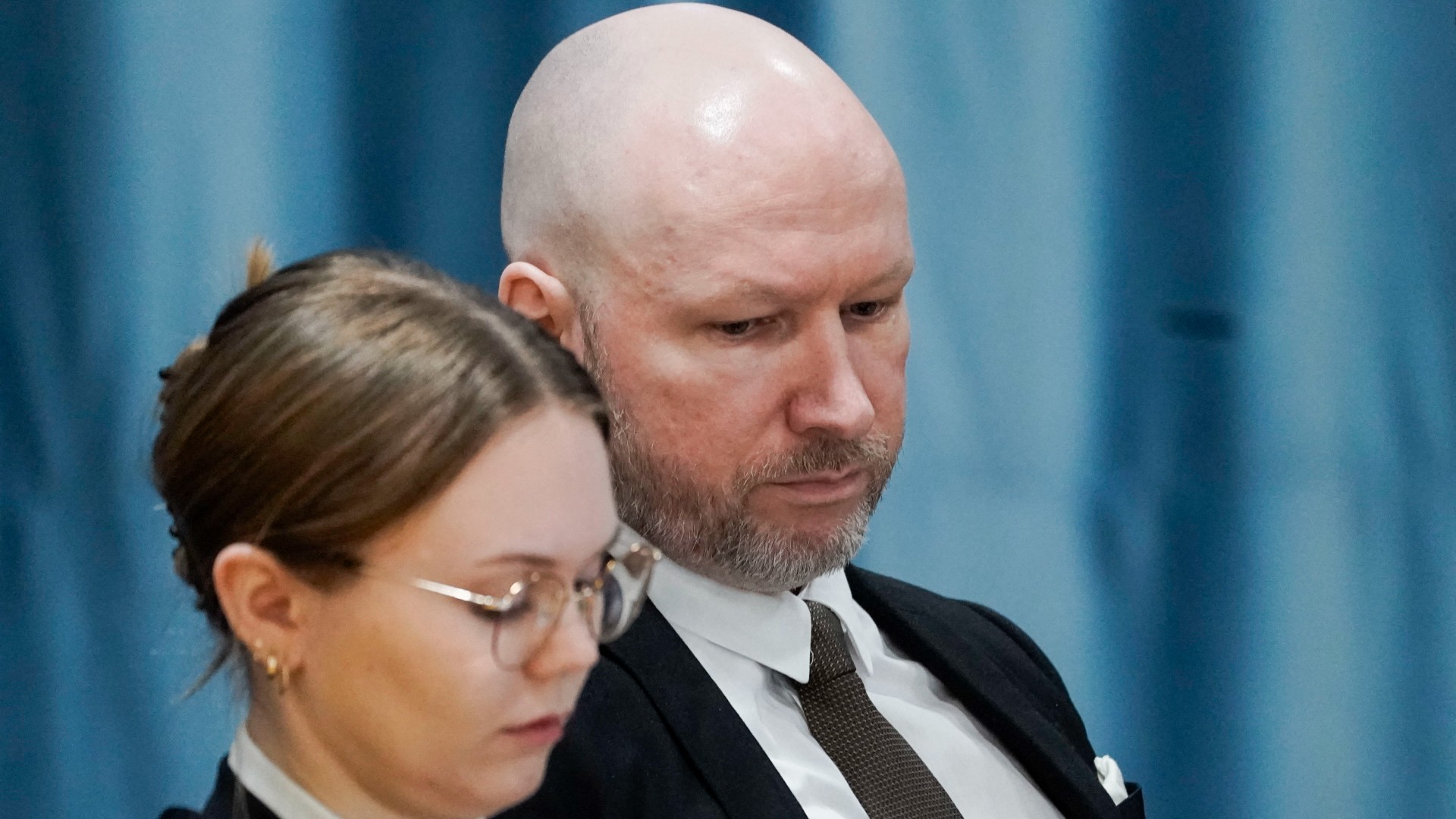 Anders Breivik to testify in prison isolation lawsuit against Norway
Anders Breivik to testify in prison isolation lawsuit against NorwaySpeed Read Far-right fanatic who killed 77 people in 2011 claims he has received 'inhuman treatment' in custody
-
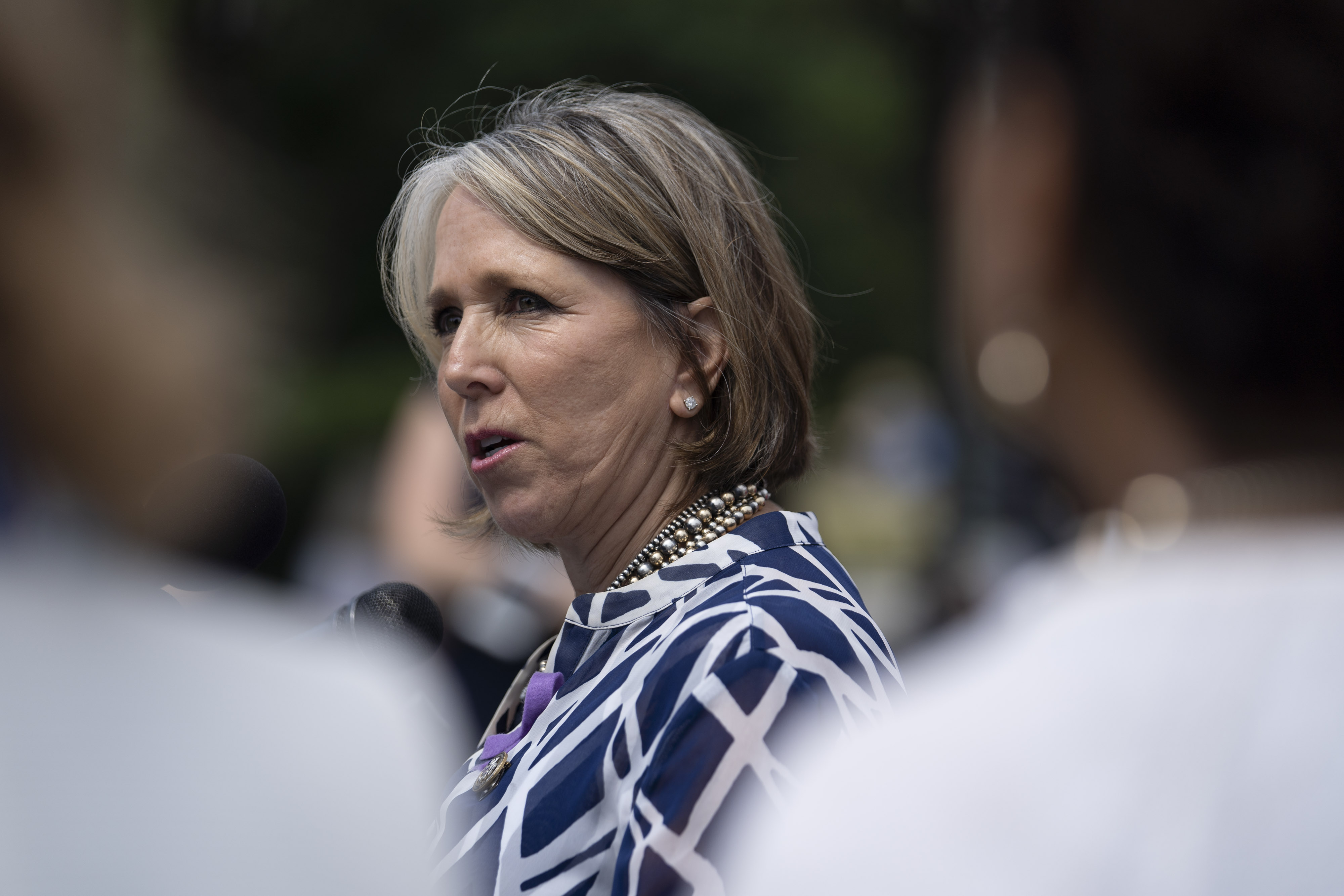 Why the New Mexico governor's gun ban backfired
Why the New Mexico governor's gun ban backfiredCritics say the Constitution isn't the only reason to oppose a 30-day gun ban in the name of public health
-
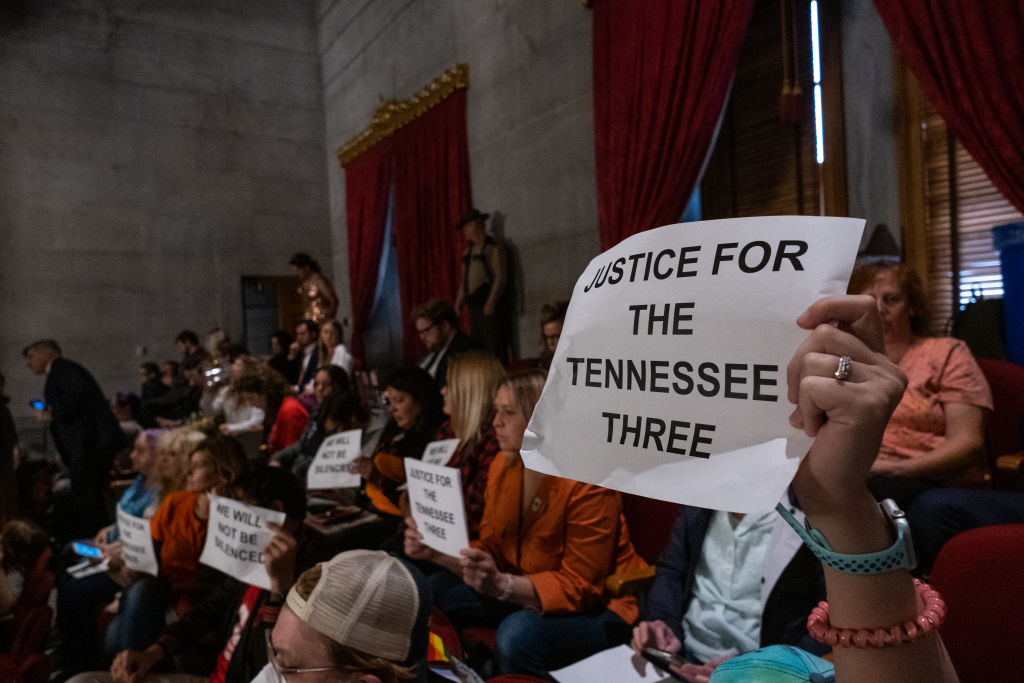 Tennessee House GOP moves to expel 3 Democrats over 'disorderly' gun reform protest
Tennessee House GOP moves to expel 3 Democrats over 'disorderly' gun reform protestSpeed Read
-
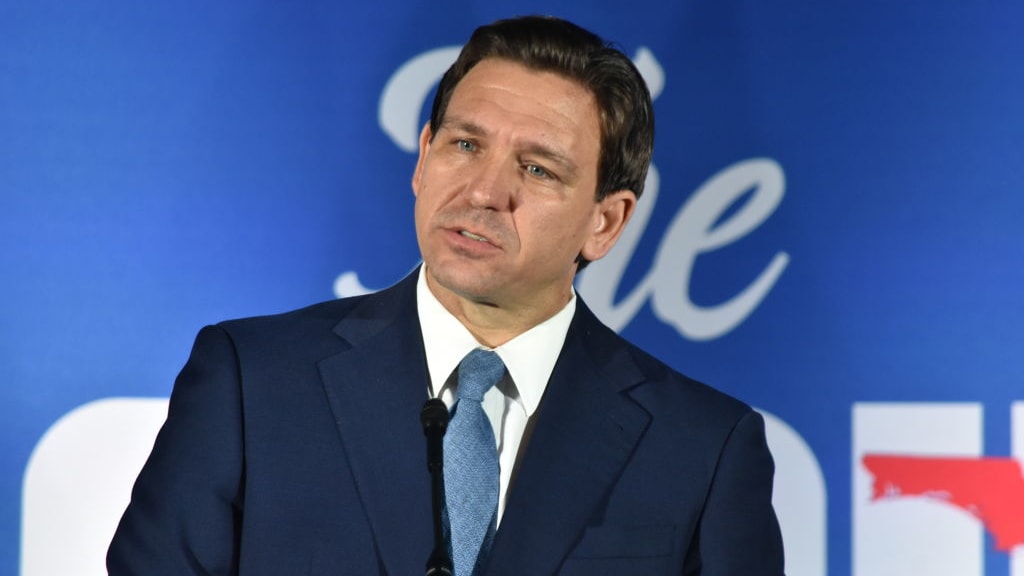 Ron DeSantis signs bill to allow concealed guns without a permit
Ron DeSantis signs bill to allow concealed guns without a permitSpeed Read
-
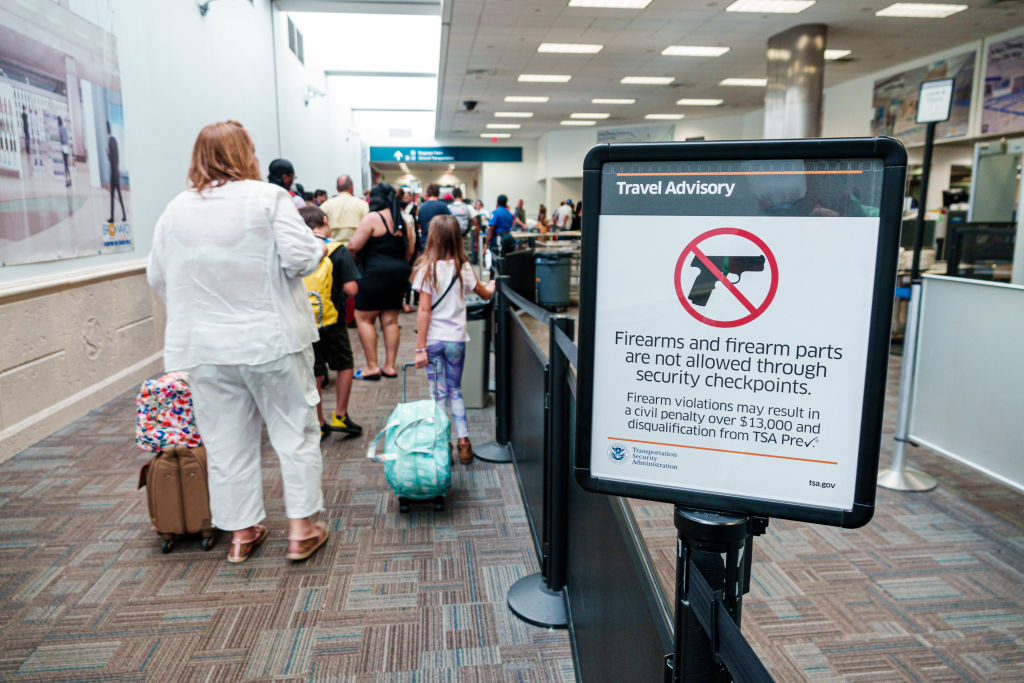 New Jersey man tried to board airplane with numerous firearms, DOJ says
New Jersey man tried to board airplane with numerous firearms, DOJ saysSpeed Read
-
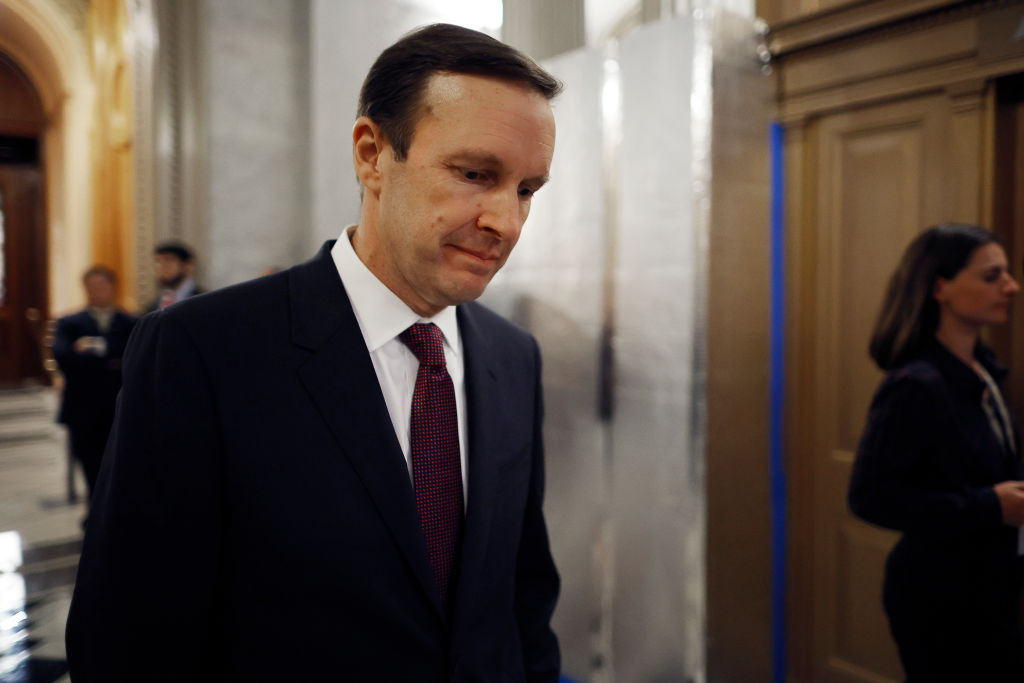 Senate passes 1st major gun law in 25 years, sending it to the House for quick approval
Senate passes 1st major gun law in 25 years, sending it to the House for quick approvalSpeed Read
-
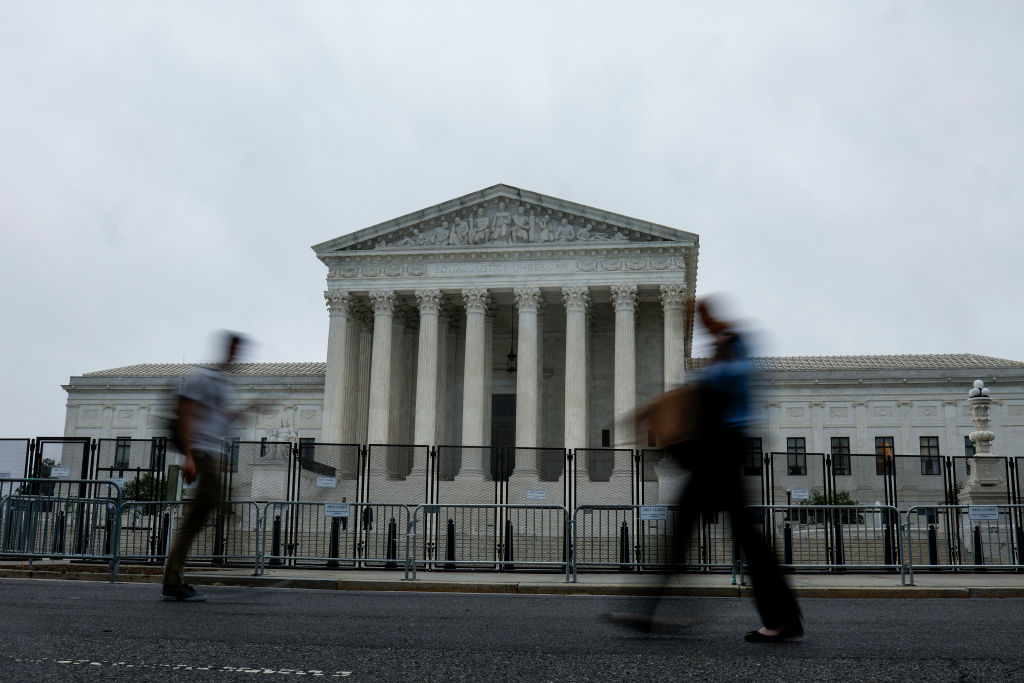 Supreme Court rules NY concealed carry law violates 2nd Amendment
Supreme Court rules NY concealed carry law violates 2nd AmendmentSpeed Read
